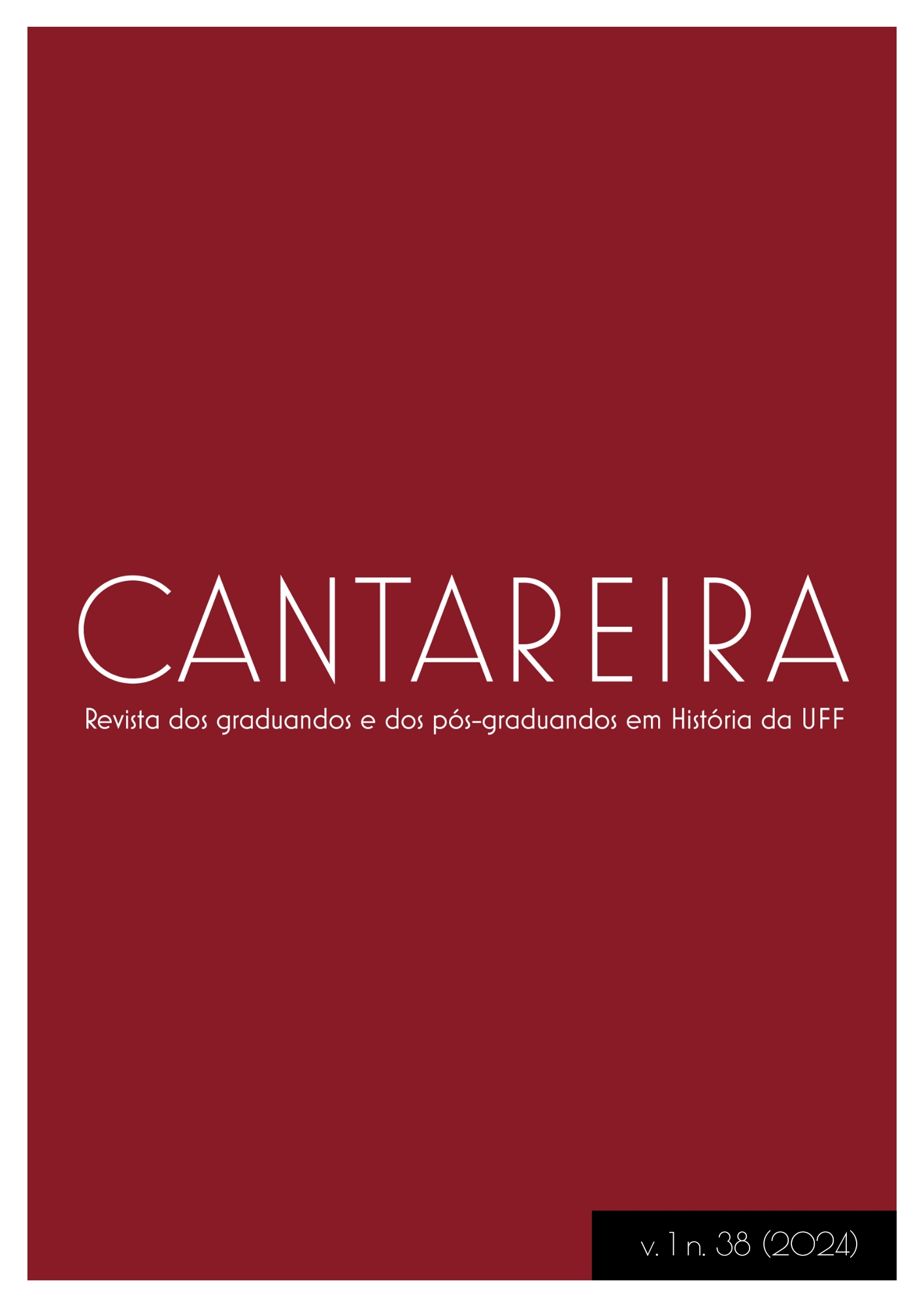Indigenous people and the Second World War: from racial law to code talkers
Keywords:
Indigenous peoples, Second World War, Racial law, code talkersAbstract
The article traces a path from the treatment given to indigenous peoples by the USA to the participation of these peoples – notably the Navajo – in World War II. With this, we seek to deconstruct the idea that the racial legislation proposed by the Third Reich, and even its so-called "final solution", were something unprecedented in human history - the USA and its policy towards the indigenous peoples of its territory were its source. of inspiration -, in addition to exposing, from the Navajo case, how even going through the entire process of destruction and captivity in reservations, many of these people ended up collaborating, often decisively, with the allied front during the conflict against the forces Nazis.
Downloads
Download data is not yet available.
Downloads
Published
2024-08-05
How to Cite
Cretton Pereira, V. (2024). Indigenous people and the Second World War: from racial law to code talkers. Revista Cantareira, 1(38). Retrieved from https://periodicos.uff.br/cantareira/article/view/56248
Issue
Section
Free Articles
License
Autores que publicam nesta revista concordam com os seguintes termos:- Autores mantém os direitos autorais e concedem à revista o direito de primeira publicação, com o trabalho simultaneamente licenciado sob a Licença Creative Commons Attribution que permite o compartilhamento do trabalho com reconhecimento da autoria e publicação inicial nesta revista.
- Autores têm autorização para assumir contratos adicionais separadamente, para distribuição não-exclusiva da versão do trabalho publicada nesta revista (ex.: publicar em repositório institucional ou como capítulo de livro), com reconhecimento de autoria e publicação inicial nesta revista.
- Autores têm permissão e são estimulados a publicar e distribuir seu trabalho online (ex.: em repositórios institucionais ou na sua página pessoal) a qualquer ponto antes ou durante o processo editorial, já que isso pode gerar alterações produtivas, bem como aumentar o impacto e a citação do trabalho publicado (Veja O Efeito do Acesso Livre









